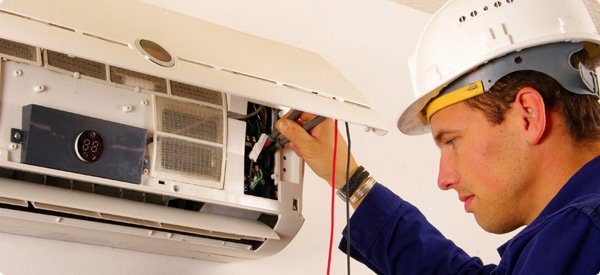
For those people in New Jersey, a malfunctioning a/c amounts an emergency situation. The agonizing and also excruciating warmth of summer season will certainly strike you completely pressure if you’re a.c. device is malfunctioning. A lot of time it’s not simply one specific issue that led to a malfunctioning a/c yet a combination of problems that have actually triggered a concern with the a.c. device. Right here is a checklist of usual concerns that could be conveniently fixed without the demand for a professional;
Tidy your outside A/C system
If you have actually never ever cleansed the exterior A/C device then that can be the issue. The exterior A/C device need to be maintained tidy as well as free from any kind of type of blockages such as plants, trees, fencings, and also turf in order to cool off the cooling agent to ensure that your residence could remain awesome. This could be done by utilizing A/C coil cleaner.
Give us a call today on (908) 845-8496 to schedule your air conditioning repair service.
If after inspecting all the above feasible services your a/c device is still malfunctioning after that it is time to look for the aid of an expert licensed specialist. A qualified service technician could appear to your the home of run a complete 21 factor assessment of the a/c unit to precisely establish the origin of your a/c issues. As component of the 21 factor assessment the professional will certainly look for malfunctioning part s in the condenser and also the air trainer. He will certainly examine the condensing follower electric motor, the compressor, the follower belts as well as general problem of the coils. As soon as the examination is finished and also the problem is figured out a repair work could be efficiently made as well as minimize your of the scorching warm of summer season in New Jersey.
Inspect the thermostat setup
The thermostat ought to constantly get on follower automobile and also a.c. cool. Having your thermostat on the inaccurate setups could lead one to think their a/c unit is malfunctioning when in truth there is absolutely nothing incorrect with the system.
Examine air filter
Another usual concern is filter upkeep. The air filter usually situated right below the cooling system should be effectively preserved. A filthy filter could create major air constraints as well as bring about the a.c. system cold up.
In order to remain to appreciate your ac system, you have to comply with all the guidance offered by your professional relating to appropriate treatment and also upkeep. Failing to stay up to date with appropriate treatment as well as upkeep will certainly lead to the failure of your air conditioning system as well as create added sustained costs that can have or else been stayed clear of.
Are you in need of air conditioning repair in Newark? Call us on (908) 845-8496. We are available 24 hours for all your air conditioning repair needs!
